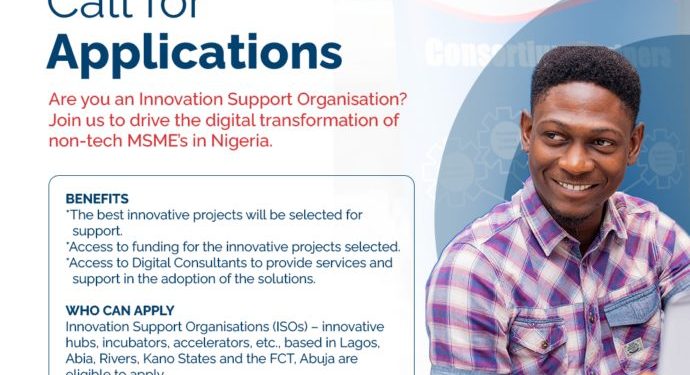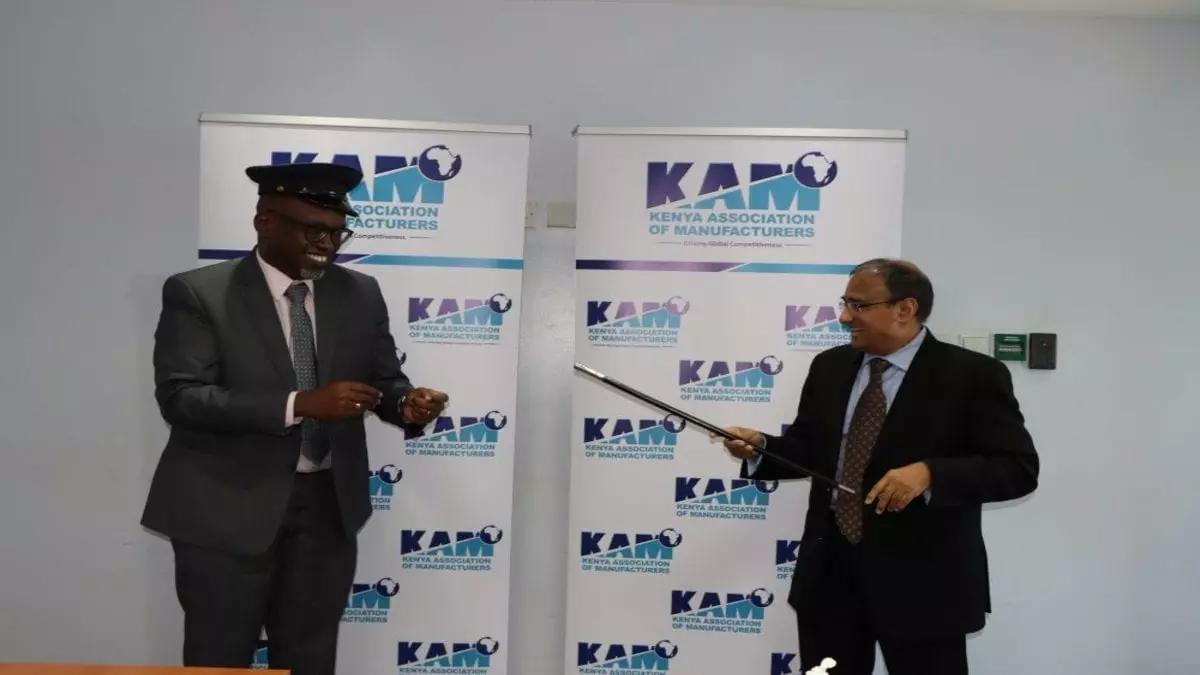How Nigeria’s Vittas uses machine learning to streamline the loan issuance process.

Vittas is a digital lender founded in Nigeria that uses partnerships and machine learning to make loans.
Sulav Singh and Collins Uche founded Vittas in July 2019, and the company’s first loan was disbursed in January 2020. Vittas created an inventory finance solution for Nigerian healthcare providers that enables them to buy drugs and medical equipment.
Through two partners, it also offers POS terminals, accounting software, and inventory software to our clients in an effort to boost sales while also gaining access to this information to enhance risk analysis.
“Vittas uses a partnership model to run its business. The money is given to our distribution partners, who have exclusive arrangements with us, if a consumer is granted a loan. This makes sure that the money is going to things like medicine and medical equipment, which Vittas has identified as income sources, rather than other operational costs. According to Singh, the cooperation greatly lowers our risk.
The first gap the organization identified was that just 9% of healthcare institutions had any type of finance support, with a lack of readily available financing being the problem.
“The reason is that Nigeria has a dearth of credit data. As a result, if your concentration is not very narrow, you lack the experience needed to accurately estimate risk. As a result, the rates will be quite high and the length and amount would be relatively little, according to Singh.
Vittas, however, ensures a tight focus by only providing loans to healthcare facilities for the purchase of medication or medical equipment. The business has funded its loan book using private debt, and as its loan book has grown, it has just started to activate institutional financing.
We are in high demand. We have a track record of success and extremely low defaults and NPLs. Due to this, we are already collaborating with many local debt suppliers to expand our loan portfolio and satisfy the high demand we are currently seeing,” added Singh.
“In April, we began distributing our white-labeled SaaS products to five test customers. After the six-month test, we intend to scale this across the entire healthcare system. This will enhance our clients’ business processes and enable them to activate loans more quickly, for longer terms, and at better rates.
According to him, Vittas wanted to develop an ecosystem of SaaS solutions that would benefit its clients and boost their chances of success, as well as aid Vittas in generating and diversifying revenue and significantly increasing the accuracy of its risk assessment.
The startup, which has recently participated in the Techstars and Google for Startups accelerator programs, generates revenue from four different sources: interest on loans for medical equipment, interest on land for medical equipment, subscriptions to accounting and inventory software, and transaction fees from PoS terminals.
Currently only present in Lagos, it will spread throughout Nigeria this year with future plans to do so in Kenya, South Africa, and the rest of West Africa.
“Initially getting debt to prove out the concept was a challenge. As we grew the loan book and proved the concept we were able to access larger and institutional debt,” Singh said.
“Adoption from customers initially was difficult. Small and medium healthcare facilities are suspicious of healthcare facilities due to predatory practices. Now that we are a trusted brand, we have a pipeline of customers on our waitlist to access our products.”







